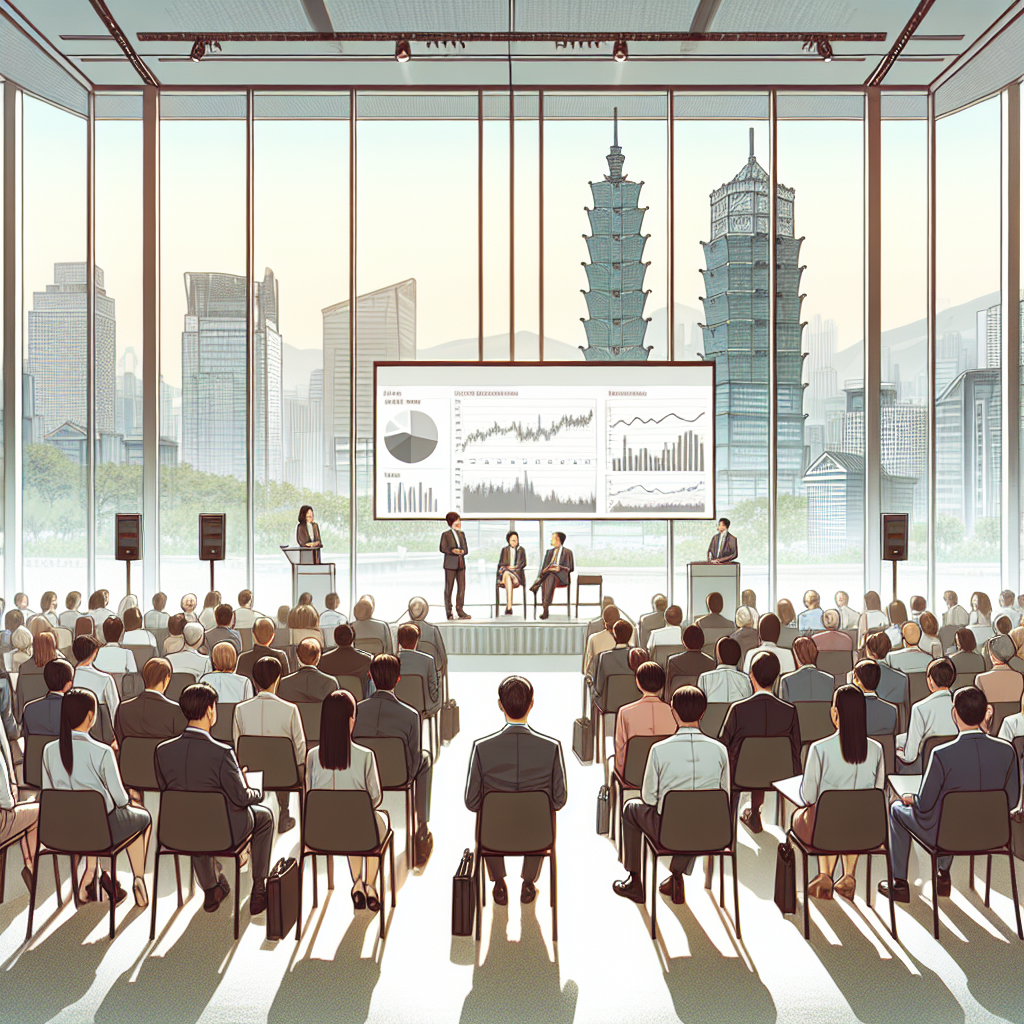On November 20th, various organizations including the Taiwan Public Policy and Taiwan Think Tank co-hosted a seminar in Taiwan focusing on the risks involved for Taiwanese investing in mainland China and the consequences of the “Chinese dream of getting rich.” Analysts pointed out that the Chinese economy is showing signs of weakness, and Taiwanese investments in China often result in a situation of “losing both people and money.”
According to a Reuters survey, economists estimate that the new Trump administration may impose tariffs of nearly 40% on Chinese imports early next year, potentially leading to a 0.5 to 1 percentage point reduction in China’s economic growth by 2025.
During the seminar, Chen Li-fu, the President of the Taiwan Professors Association, mentioned that in the 1990s, many Taiwanese businesspeople saw China as a shortcut to realize their dreams and embraced the wave of “reform and opening up.” However, many of them ended up as victims of their investments, prompting the need to establish associations to seek redress. Despite this history, there are still young Taiwanese individuals venturing into investments in mainland China, indicating the urgent need for the transfer of relevant experience to future generations.
Dong Si-qi, the Deputy Executive Director of the Taiwan Think Tank, highlighted that while both China and Taiwan are members of the World Trade Organization (WTO), the Chinese Communist Party has never truly implemented free trade. Instead, they have engaged in a form of “free rider trade,” exploiting international rules for profit without providing a foundation of fair trade. This capitalist system of cronyism and exploitative economy forces businesses and individuals to compromise their values, even suppressing national identity, posing a test of values for the younger generation.
Dong Si-qi believes that Taiwan’s dividends come from democracy, freedom, and innovation, which are its greatest advantages amidst the global trend of fair trade. Rather than succumbing to political pressures in the Chinese market, Taiwan should focus on diversifying regional cooperation and exploring new markets to provide young people with more choices. He emphasized the importance of allowing the youth to earn money standing up, not kneeling down to seek wealth, urging them to uphold their values and dignity while pursuing economic interests. This approach would enable Taiwan to demonstrate its unique competitiveness on the global stage and lay a solid foundation for the future.
Ma Jun-wei, an Assistant Professor at Tamkang University’s Institute of Strategic Studies, analyzed that the significant decline of 30% in Foreign Direct Investment (FDI) in China reflects the high sensitivity of international capital to political risks in China.
Ma Jun-wei pointed out that with the passage of the National Security Law in 2023, which prohibits activities against the national interests of the Chinese Communist Party without clearly defining those interests, the law creates numerous vague and abstract instances that could lead to arbitrary accusations. Additionally, the recent release of the 22 Anti-Separation Measures has singled out Taiwan’s identity. Due to the increasing complexity of the world economic and trade dynamics, the Chinese economy is showing signs of weakness.
Wang Guo-chen, an Assistant Researcher at the First Research Institute of the Chinese Economic Research Institute, stated that Taiwanese investments in China often end in a situation where both their integrity and assets are lost. Despite efforts to appease the CCP, Taiwanese individuals are still easily labeled as “disgracing China.” Wang Guo-chen mentioned the case of Samsung from South Korea, which faced price competition from Chinese manufacturers and relentless intellectual property infringement, leading to its decline in China and being surpassed by TSMC. On the contrary, Australia faced severe economic sanctions from China, which prompted Australia to diversify its markets early, avoiding the risks of the US-China trade war, achieving outstanding results.
Wang Guo-chen emphasized that while Hong Kong films have lost their human rights and freedom under Chinese censorship, Taiwanese pop songs have long dominated the Apple Music charts in China. He suggested that Taiwan should confidently maintain its domestic market and look towards the international market.
Former Chairman of the Victims of Taiwanese Investment in China Association, Kao Wei-pang, shared his painful experiences of being violently plundered and deceived by the CCP while doing business in China. Facing threats and coercion from the CCP, Kao Wei-pang highlighted the dark deception and manipulation inherent in the CCP’s methods.
Liu Shu-ting, a policy analyst at the Institute for National Defense and Security Studies, mentioned that under the CCP’s political goal of reunifying Taiwan, the “weaponization of the entertainment industry” should not be underestimated. The entertainment industry involves the content of entertainment products, the popularity of celebrities, and the platforms for online social communication. Setting aside political considerations, the entertainment industry is used as a tool for ideological work by the CCP to manipulate the perception of the Taiwanese population.
Chen Mu-yi, winner of the Golden Horse Award for Best Supporting Actor, mentioned the influential power of dramas and theater. He highlighted that drama reflects a country’s strength and temperament, such as Hollywood’s portrayal of heroism in the US and the gentle humanistic qualities of Japanese films. Chen Mu-yi emphasized the need for Taiwan’s film industry to rediscover its concern for universal values such as human rights, gender, and race to succeed on the international stage.
After the discussions, the host and young participants raised questions regarding legislation to address the travel of entertainers to China, strategies to counter united front work, and ways to help the youth understand the real situation in China. The speakers provided in-depth analyses and responses to each query raised during the seminar.

